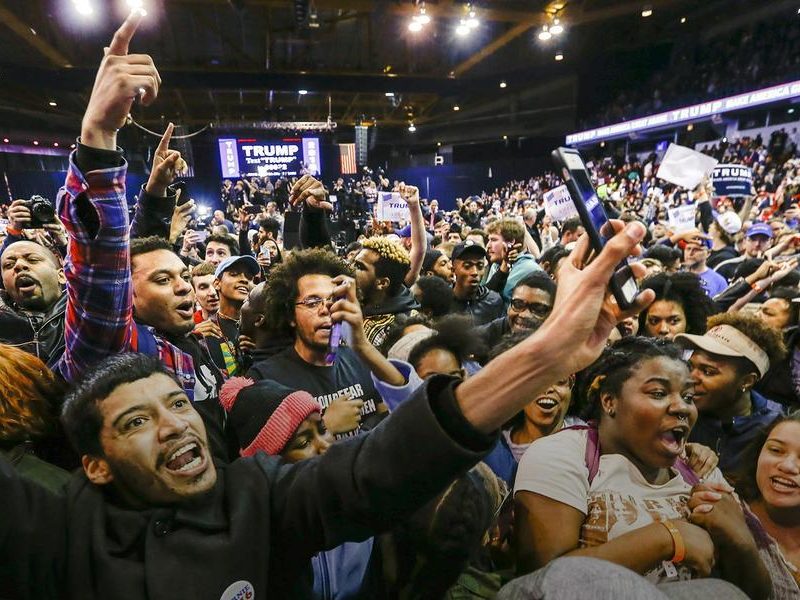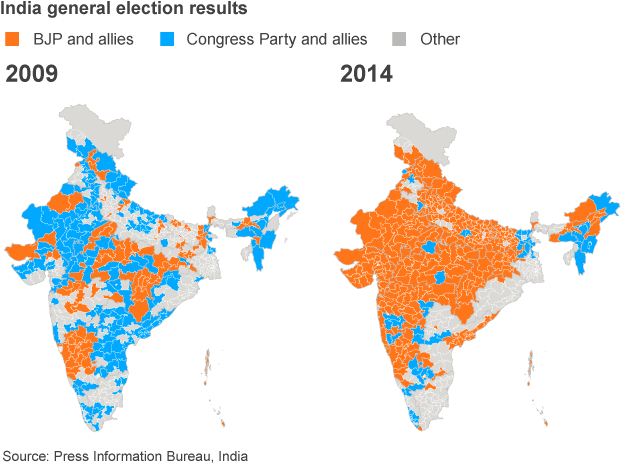Like many people in Canada I have been watching the American primaries with a detached morbid curiosity. And this last week in American politics did not disappoint…


Like many people in Canada I have been watching the American primaries with a detached morbid curiosity. And this last week in American politics did not disappoint…
By Salmaan Khan
As election day draws nearer, the race for Toronto’s Mayoral seat has narrowed down to three out of the initial 65 registered candidates. Benefiting from selective corporate media exposure, John Tory, Olivia Chow and Rob Ford have managed to build themselves campaigns that regurgitate many of the same vague promises: less traffic; greater accountability; transit relief; tackling youth unemployment; supporting businesses; and of course, talking taxes. The obsession with tax rates has become so normalized that even the “progressive” alternative has found it a useful mantra as all three candidates clamor for votes.

India recently concluded its 2014 federal elections in which a record 550 million people cast their votes, electing Narendra Modi of the right-wing Hindu nationalist Bharatiya Janata Party (BJP) as Prime Minister and securing his party’s position with a majority 282 out of 543 seats in Parliament. New Socialist editor Salmaan Khan had the opportunity to discuss the election results with Bengali-Canadian writer, scholar and activist Himani Bannerji. What follows is Part 1 of a three part interview series. In this first piece Dr. Bannerji lays the context for what India looked like going into these elections and outlines the conditions that helped pave the way for the appeal of religious nationalism.
Image source: Press Information Bureau India
By Todd Gordon
Other politicians — and the Left too — can only dream of having the base of support Toronto Mayor Rob Ford has had from what he calls “Ford Nation”: his supporters based primarily in the inner suburbs of Scarborough, North York, East York and Etobicoke.
By Khalil Habash
This article is the second in a three-part series exploring key questions and debates that have emerged in relation to the Syrian revolution that has been ongoing since the beginning of the uprising in March 2011. The first part, “Who is Behind the Popular Movement?” can be found here.The third part, on “Strategy, Tactics and Geopolitics,” is here.
In the first part of a two-part article, Alan Sears argues that Toronto’s very right-wing mayor is no mere buffoon, but “the immediate face” of the “Age of Austerity” and a “bad cop” of neoliberalism.
By Alan Sears
Workers in Wisconsin have responded to attempts to destroy collective bargaining rights in the public sector with massive protest actions. These actions have galvanized workers in other states to confront their own employers and to support the movement in Wisconsin.
By Parastou Saberi and Stefan Kipfer
On October 25th, the citizens of Toronto voted decisively for a hard-right populist mayor: Councilor Rob Ford. With an unusually high voter turnout (52.6%), Ford received 47.1% of the vote, about the same as the combined vote for his main competitors, former Liberal cabinet minister George Smitherman (35.6%) and deputy mayor Joe Pantalone (11.7%). Among the city’s 44 wards, only 13 did not vote as a plurality or majority for Ford.